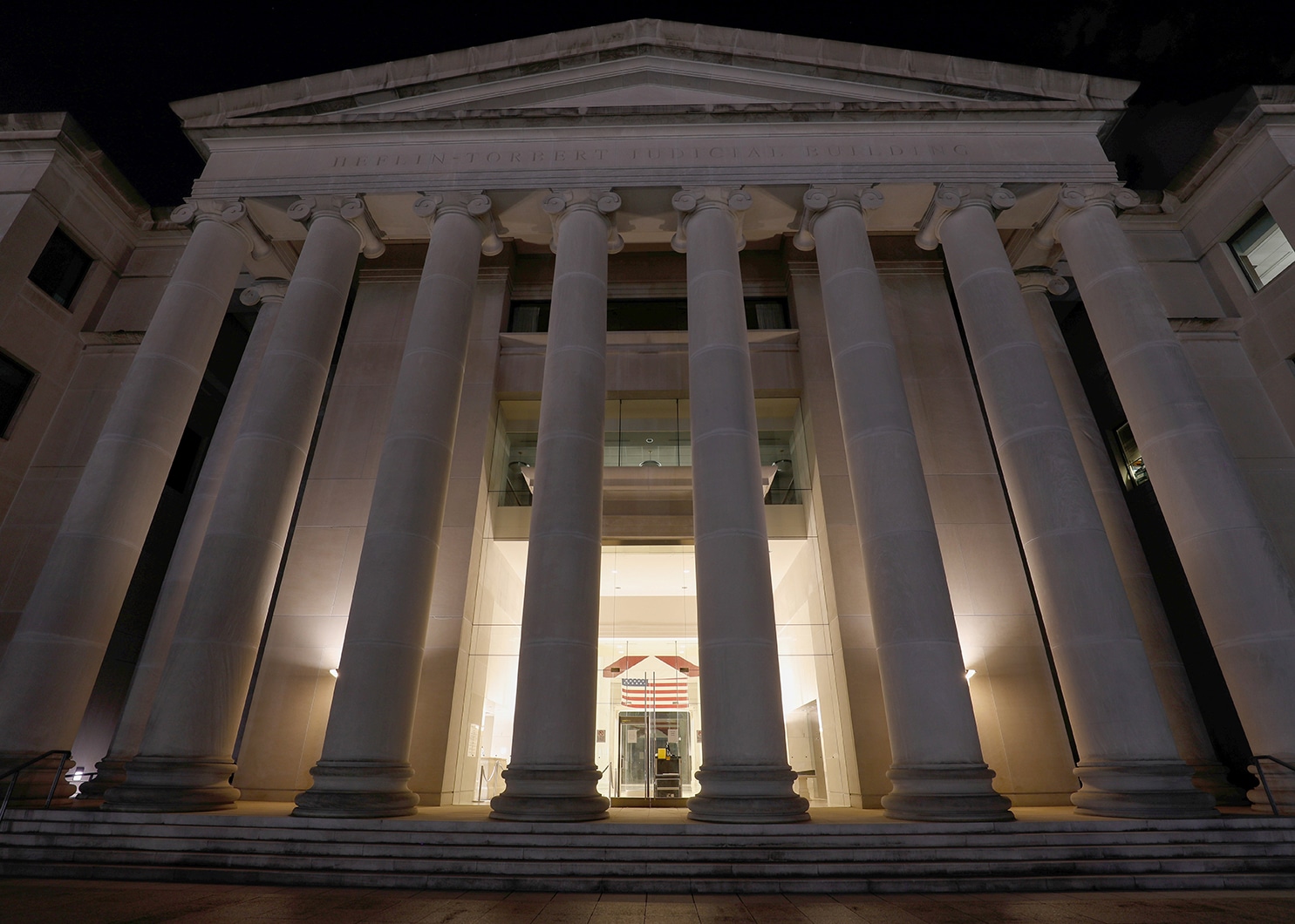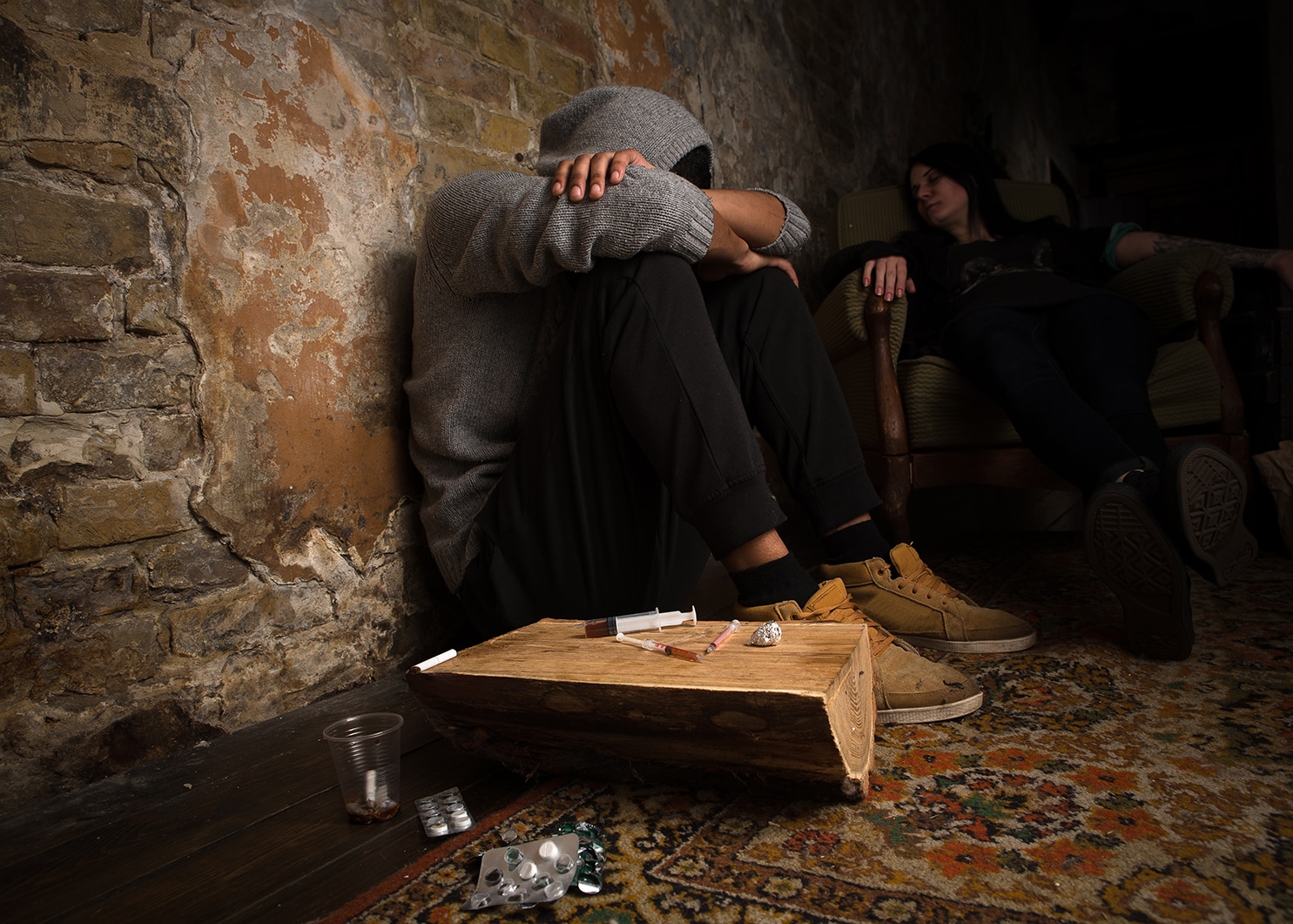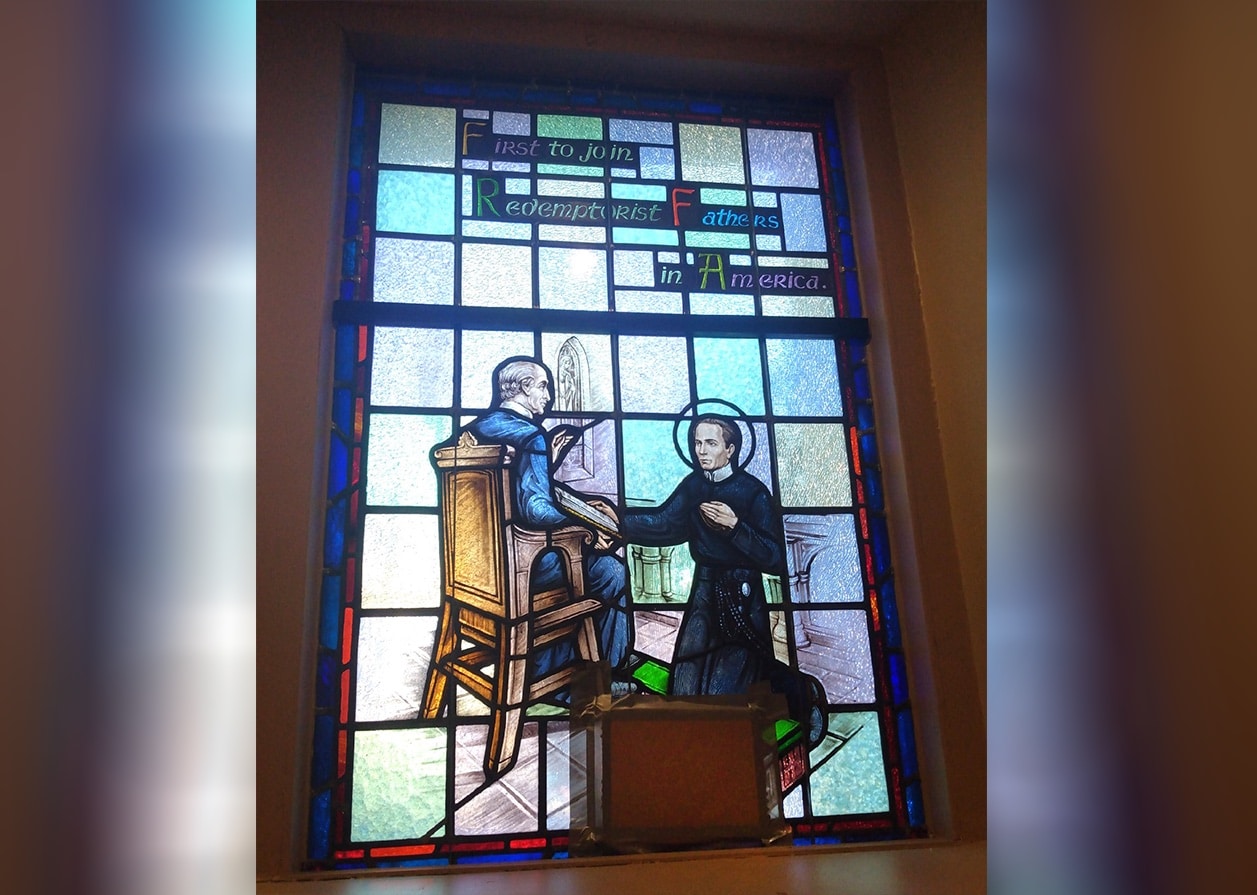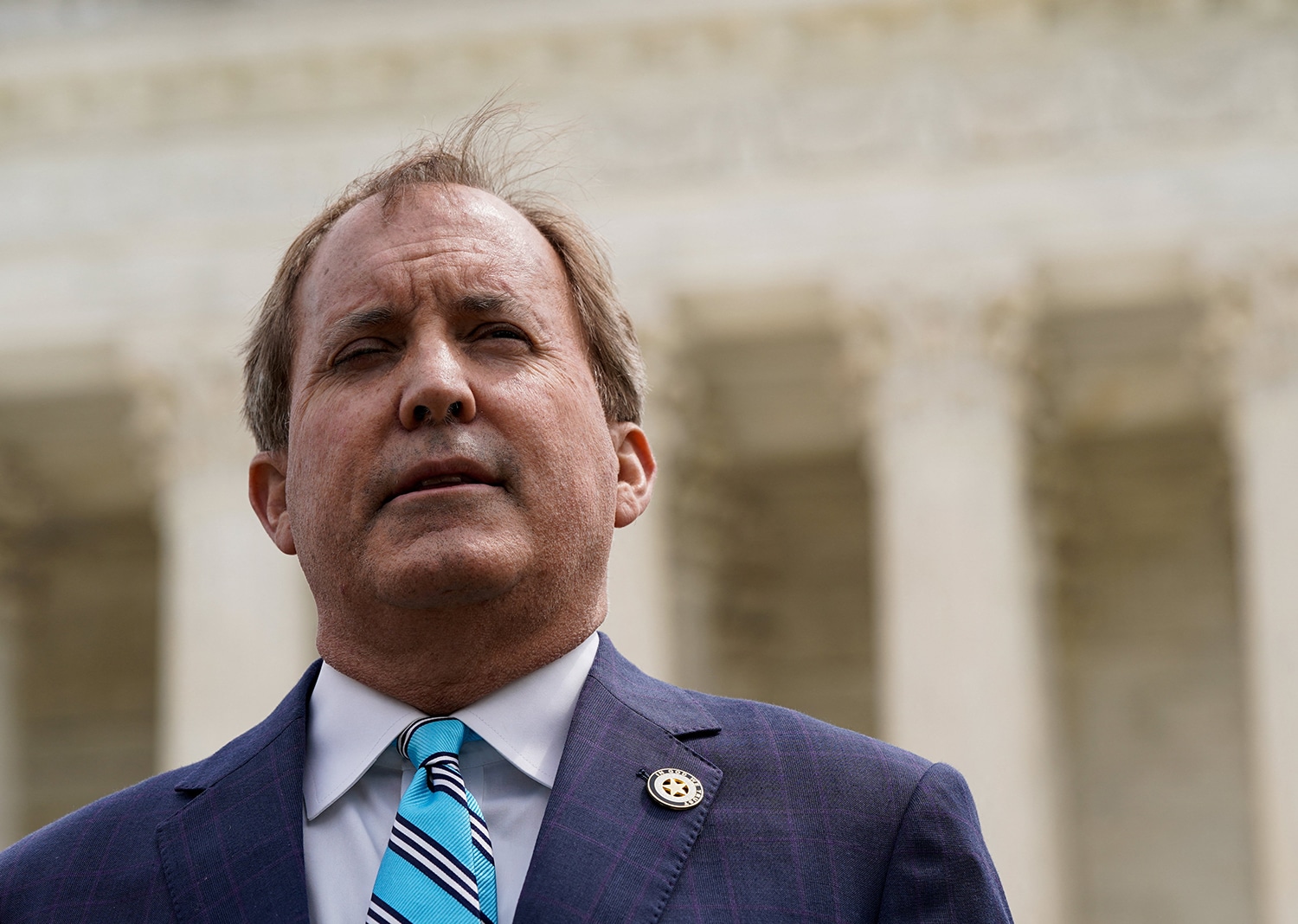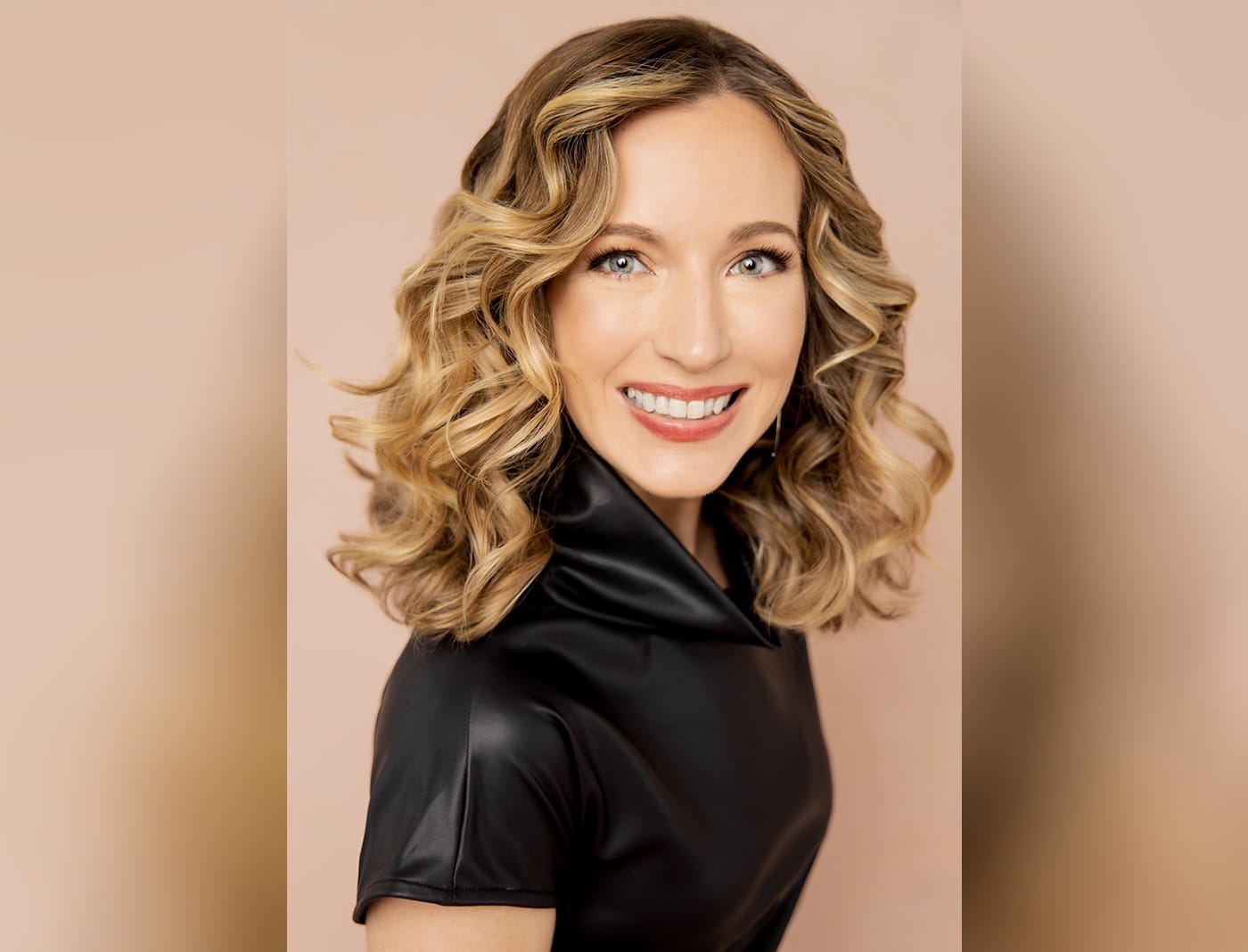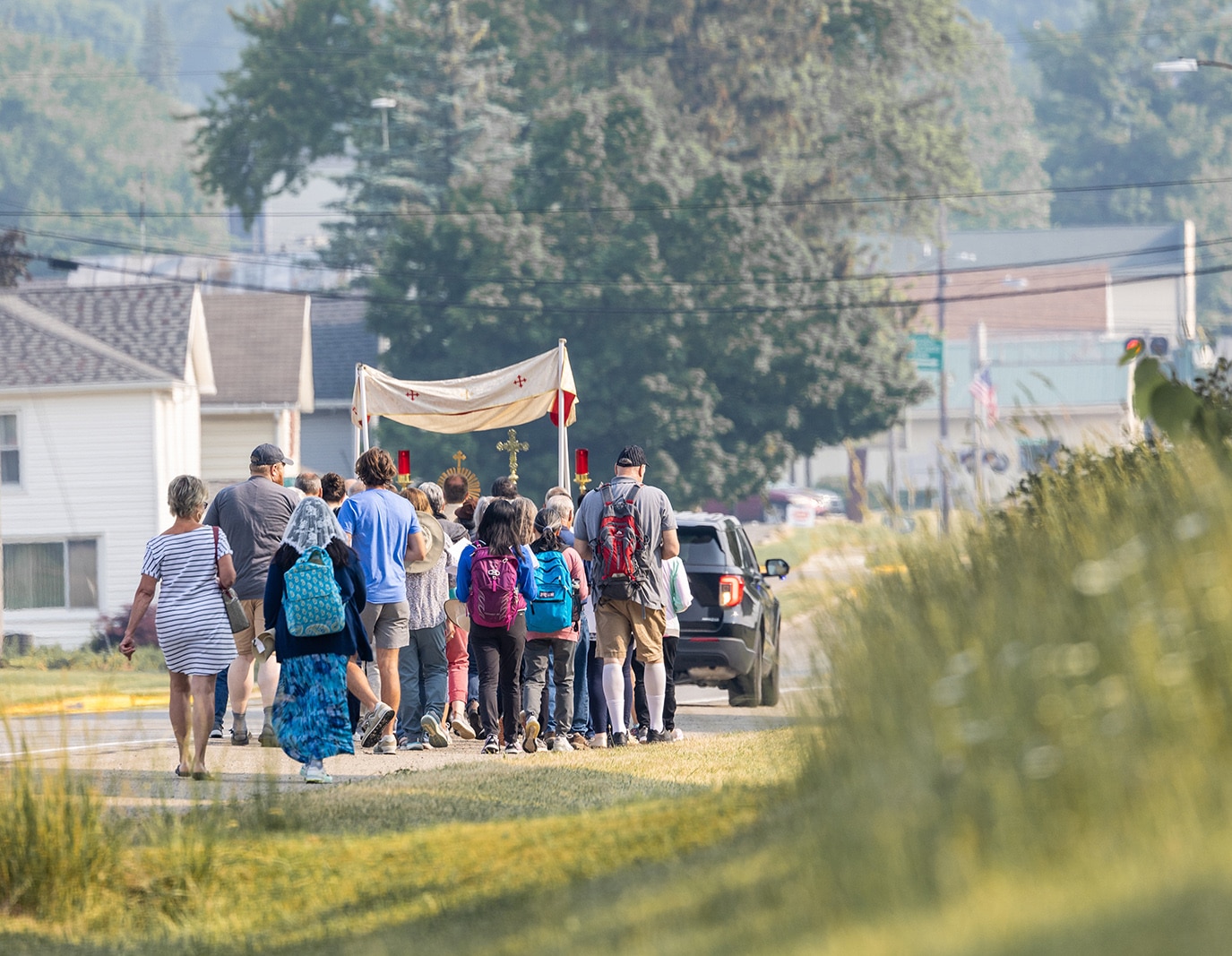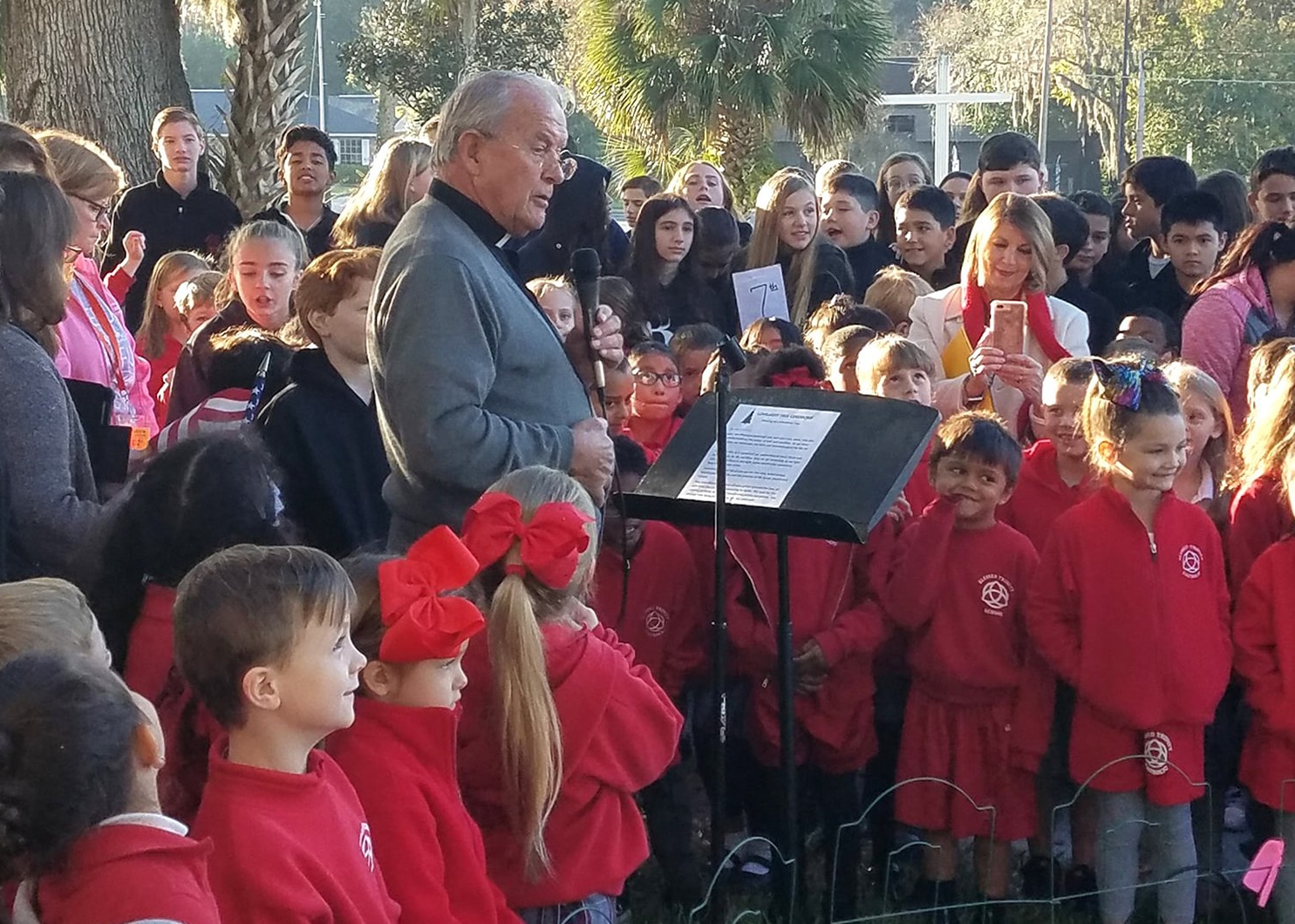(OSV News) — An Alabama Supreme Court ruling that frozen embryos qualify as children under state law has raised complex legal questions about artificial reproductive practices opposed by the Catholic Church.
The Feb. 16 ruling responded to appeals brought by couples whose embryos were destroyed in 2020, when a hospital patient removed frozen embryos from storage equipment, destroying them.
The 8-1 opinion said the state’s highest court has previously held “that unborn children are “‘children’ for purposes of Alabama’s Wrongful Death of a Minor Act … a statute that allows parents of a deceased child to recover punitive damages for their child’s death.” The judges found that parents’ ability to sue over the wrongful death of a minor child applies to unborn children, without an exception for “extrauterine children.”
“Under existing black-letter law, the answer to that question is no: the Wrongful Death of a Minor Act applies to all unborn children, regardless of their location,” it said.
Unborn children are ‘children’
Elizabeth Kirk, co-director of the Center for Law & the Human Person at The Catholic University of America Columbus School of Law in Washington, told OSV News that the cases in which the court had previously held that unborn children are “children” had “involved injuries to pregnant women and the subsequent deaths of their unborn children.”
“Here, the court held that the word ‘child’ in the statute includes unborn children regardless of location, whether in or outside of a biological womb,” she said.
The 1987 document from the Congregation (now Dicastery) for the Doctrine of the Faith known as Donum Vitae (“The Gift of Life”) states the church opposes in vitro fertilization and related practices, including gestational surrogacy, in part because “the connection between in vitro fertilization and the voluntary destruction of human embryos occurs too often.”
Kirk said that “all of us should welcome laws and court decisions that comport with the truth of the human person, including the dignity of all human life from conception to natural death.”
Opponents of the ruling said it would imperil access to an infertility treatment. The University of Alabama at Birmingham health system paused IVF treatments after the ruling.
But Kirk called the ruling “a narrow matter of statutory interpretation, involving the state’s wrongful death statute.”
“It specifically avoided reaching broader questions such as whether unborn children are ‘persons’ in other contexts such as under the 14th Amendment of the U.S. Constitution,” she said. “Nevertheless, to the extent that IVF practices trigger application of the wrongful death statute, such practices could be implicated.”
‘Right’ to build a family
Dr. Paula Amato, president of the American Society for Reproductive Medicine, said in a statement that “in its medically and scientifically unfounded decision, the court held that a fertilized frozen egg in a fertility clinic freezer should be treated as the legal equivalent of an existent child or a fetus gestating in a womb.”
“The eight members of the court who approved this decision may view these things as the same, but science and everyday common sense tell us they are not,” she said.
Amato argued that by “insisting that these very different biological entities are legally equivalent, the best state-of-the-art fertility care will be made unavailable to the people of Alabama.”
“No healthcare provider will be willing to provide treatments if those treatments may lead to civil or criminal charges,” she said. “If the policy outcomes mandated under this decision stand, the consequences will be profound. Modern fertility care will be unavailable to the people of Alabama, needlessly blocking them from building the families they want. Young physicians will choose not to come to the state for training or to begin their practice. Existing clinics will be forced to choose between providing sub-optimal patient care or shutting their doors.”
Amato said the “choice to build a family is a fundamental right for all Americans, regardless of where they live.”
“We cannot, therefore, allow this dangerous precedent of judicial overreach with national implications to go unchecked,” she said.
White House press secretary Karine Jean-Pierre said Feb. 20 the ruling would cause “exactly the type of chaos that we expected when the Supreme Court overturned Roe v. Wade and paved the way for politicians to dictate some of the most personal decisions families can make.”
‘Tremendous victory for life’
Denise Burke, senior counsel with Alliance Defending Freedom, argued that the ruling “is a tremendous victory for life.”
“The Court ruled that unborn children created through assisted reproductive technology are children under Alabama law and therefore protected,” Burke said. “No matter the circumstances, all human life is valuable from the moment of conception. We are grateful the Court correctly found that Alabama law recognizes this fundamental truth.”
According to data from the Centers for Disease Control and Prevention, approximately 238,126 patients underwent IVF treatment in 2021, resulting in 112,088 clinical pregnancies and 91,906 live births.

